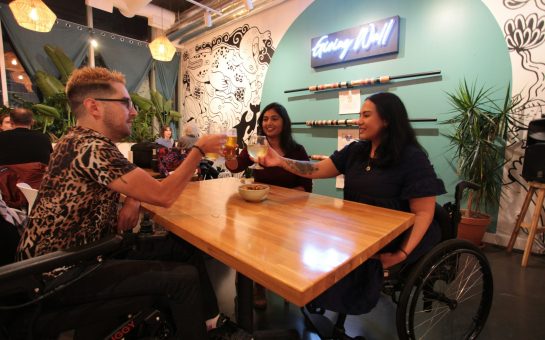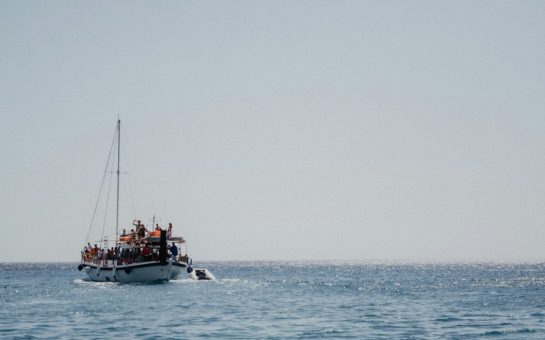Leading Greater Manchester youth service Early Break is urging caution over new calls to decriminalise drug use in the UK.
Leading health bodies the Royal Society for Public Health and the Faculty of Public Health are pushing for policy to focus on drugs as a health issue rather than a matter for the courts.
Despite 45 years of regulation, around one in five people aged between 16 and 24 used illicit drugs in 2014/15 according to the Crime Survey for England and Wales.
Early Break’s business development manager Luke Bidwell believes a review of drug policy could be beneficial – but that lawmakers must be careful over the message they send out.
He told MM: “We don’t disagree with the sentiments of the report in terms of – let’s review the drug policies, let’s maybe think differently.
“Let’s not criminalise people for possession, because that can have long-term impacts on lives in terms of job prospects and everything, and can tie up the criminal justice system.
“But I think there’s a wider consideration around, if we do decriminalise drugs, then what message are we sending to young people?
“I’m not saying one way or another that we shouldn’t, but I do think we need to give serious consideration around the messages.”
Early Break’s Daily Digest is out! https://t.co/NIHCCMZtzY #cancerpreventionchampion #diabetesweek
— Early Break (@EarlyBreakUK) June 14, 2016
In their report on decriminalisation, Taking a New Line on Drugs, the Royal Society recommend that all UK children learn about drugs in their personal, social, health and economic education lessons.
For Mr Bidwell, while education is important, schools must be careful over how they portray lessons on drugs to young people.
“By all means go into schools, do the mandatory drug education that’s being suggested is needed, but then – what is okay then?” he said.
“If we’re saying decriminalise the possession of heroin, are we saying when you’re 18 it’s actually okay?
“And I know that that wouldn’t be said, but it’s not what’s said – it’s the culture that would develop around it.
“The drugs of choice for young people are cannabis and alcohol, so if you decriminalise cannabis, what message are we sending around that? Are we saying ‘actually, this is okay’?”
A Royal Society poll found that 56 percent of more than 2,000 adults agreed that drug users in their area should be referred to treatment rather than criminally charged, and only 23 percent disagreed.
Portugal decriminalised drug use in 2001, and instead of facing arrest, users receive a citation and face a panel of experts – with repeat users being prescribed for treatment.
Mr Bidwell believes that the issue of mental and physical health is crucial to the decriminalisation debate.
“I don’t disagree about the Portuguese model, but this is at a time where treatment services are being disinvested in,” he said.
“So you’re maybe saying ‘let’s increase capacity’ but actually we’ve not invested in that.
“And what would happen? If someone says ‘I’m only using once’, is it a one off thing? So there’s a lot more thought needed for the whole process.
“But as a suggestion of a system change or a system overhaul – maybe it’s time. The 1970s Misuse of Drug Act – how in date is that?”
Last month the Psychoactive Substances Act 2016 came into force, banning the use of new psychoactive substances (NPS) such as synthetic cannabis and nitrous oxide.
The Government struggled to push the blanket ban through parliament, with complaints over a lack of clarity and a U-turn over the banning of poppers.
Mr Bidwell insists that any discussion of new drug policy must be better carried out than the ban on legal highs.
“The new NPS bill – in practice it looks a mess. It isn’t coherent – they didn’t even follow their own parliamentary standards in terms of what a good bill looks like.
“I think it’s just about being sensible. Did they rush it? I don’t know, they did do a lot of research and talked to a lot of people, but it just feels confusing what they put out around NPS overall.
“For me, I always go back to what impact does it have for young people. Is it clear to them what’s right, what’s wrong, what’s legal, what’s illegal? And I don’t think it puts it out properly.
“So let’s do rethink things – I really agree with that – but let’s be careful how we approach a topic like decriminalisation.”
Image courtesy of Martin Alonso via Flickr, with thanks.



